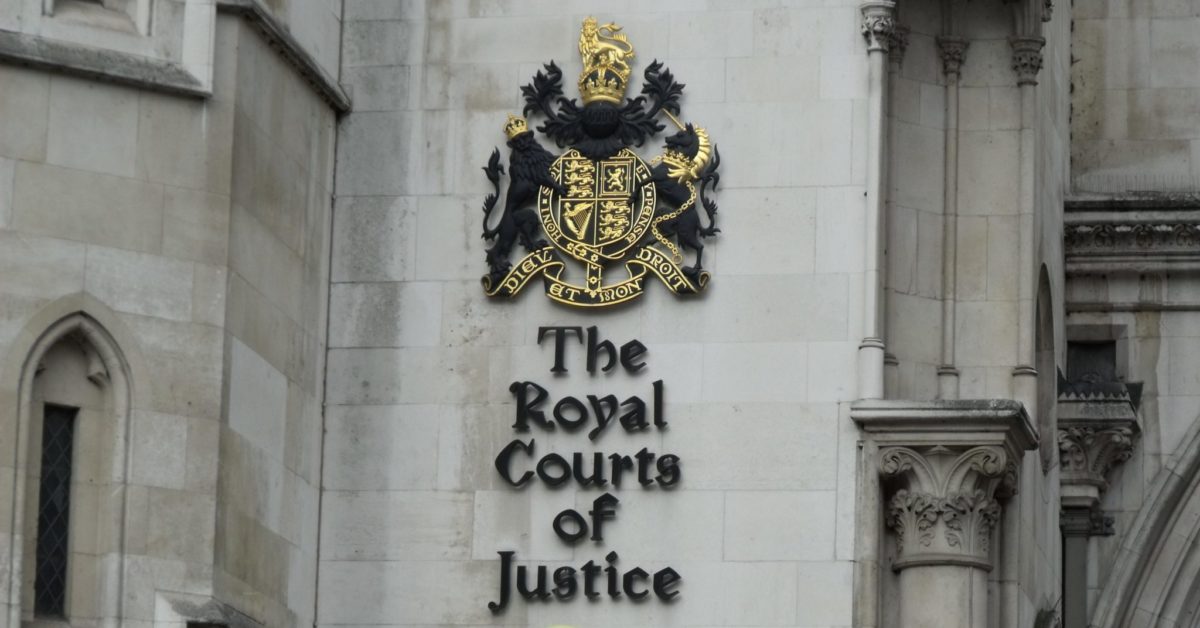An appellant did not act dishonestly when he applied for British citizenship and answered ‘no’ when asked whether there was anything that might cast into doubt his good character. This was despite him being arrested four weeks after citizenship was granted and later pleading guilty to an offence that took place before the application.
This is the conclusion of Lord Justice Lewison, Lord Justice Green and Lady Justice Andrews in Hafiz Aman Ullah v Secretary of State for the Home Department [2024] EWCA Civ 201.
Background
Mr Ullah arrived in the UK in 2004, was granted indefinite leave to remain in 2009, and made an application for British citizenship in June 2012. Four weeks after he was granted citizenship, Mr Ullah was arrested on suspicion of involvement in a fraud linked to the highly skilled migrant programme.
In 2013 he pleaded guilty to possessing criminal property contrary to the Proceeds of Crime Act 2002, relating to around £80,000 paid into his bank account between January 2010 and March 2012. For this, he was sentenced to 51 weeks’ imprisonment. He was not found guilty of fraud.
The Home Office sought to remove Mr Ullah’s British citizenship under section 40(3) of the British Nationality Act 1981. This permits the Home Secretary to deprive a person of British citizenship obtained by registration or naturalisation if satisfied that the registration or naturalisation was obtained using fraud, false representation, or concealment of a material fact.
The test under section 40(3) involves a three-stage process. The initial burden is on the Home Office to show evidence that the applicant’s dishonesty obtained nationality. Then the burden shifts to the applicant to raise an innocent explanation that is at least plausible. If a plausible explanation is offered, the Home Office must show that that explanation should be rejected on a balance of probabilities.
Mr Ullah gave evidence to the First-tier Tribunal that he ticked ‘no’ because he believed it was the correct answer. The representative for the Home Secretary did not challenge the genuineness of Mr Ullah’s belief either in cross-examination or in submissions.
The judge accepted Mr Ullah’s explanation as plausible, noting that the mental element of the offence of possessing criminal property does not require dishonesty and can be made out by mere suspicion. Mr Ullah’s appeal was allowed, the judge finding that the Home Office had failed to show that his plausible explanation should be rejected.
The Home Office appealed to the Upper Tribunal. The Upper Tribunal allowed the appeal, finding that it was significant that Mr Ullah had pleaded guilty to an offence which involved him at least suspecting that he had criminal property during a period before his citizenship application.
The Upper Tribunal thought that the absence of any Home Office cross-examination or submissions on Mr Ullah’s explanation did not excuse the First-tier judge from addressing the implications of the guilty plea. The tribunal remade the decision without hearing any further evidence, dismissing Mr Ullah’s appeal.
Mr Ullah then appealed to the Court of Appeal.
The judgment
Overturning the Upper Tribunal’s decision, the Court of Appeal agreed that there had been no error of law in the First-tier Tribunal’s determination. Mr Ullah had not been arrested until after citizenship had been granted, and his guilty plea was to an offence that did not require any mental element of dishonesty. The First-tier judge had been entitled to find it plausible that he was not dishonest when he ticked ‘no’. The Home Office had failed to challenge this.
The Court of Appeal endorsed the test for dishonesty set out in Ivey v Genting Casinos [2017] UKSC 67. The questions are (i) what was the individual’s actual state of knowledge or belief as to the facts, and (ii) was his conduct dishonest by the standards of ordinary decent people?
The Court of Appeal also stressed the important role of cross-examination, noting that the Home Office had failed on six occasions to challenge Mr Ullah’s evidence that he had not been dishonest. The Court cited with approval the general rule identified by Lord Hodge in the Supreme Court decision in TUI v Griffiths [2023] UKSC 48 that ‘If a party has decided not to cross-examine on a particularly important point, he will be in difficulty in submitting that the evidence should be rejected.’
The Court of Appeal endorsed Lord Hodge’s reasoning in TUI that, apart from a few situations where it would make no difference, such as where evidence is ‘manifestly incredible,’ cross-examination has a key role. Cross-examination ‘is particularly important when the opposing party intends to accuse the witness of dishonesty, but there is no principled basis for confining the rule to cases of dishonesty.’
Comment
The facts of Mr Ullah’s case were unusual, in that he was first arrested after citizenship had already been granted, and the mental element of his offence required only that he suspected that he had criminal property. Even in a case with more damning facts, the Court of Appeal was clear that the Ivey test must still be applied.
The Court of Appeal sympathised with the frustration of the First-tier judge at the repeated failure of the Home Office to comply with directions and engage with the issues in the case. It remains to be seen whether the Court of Appeal’s decision and endorsement of the importance of focused cross-examination, promptly improved case preparation.
Source link













